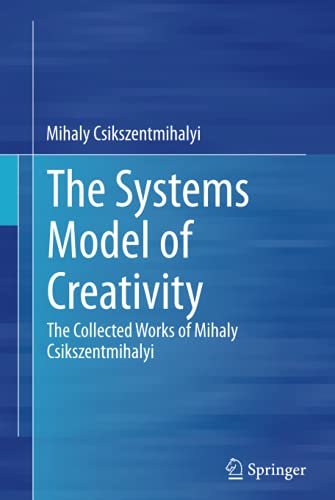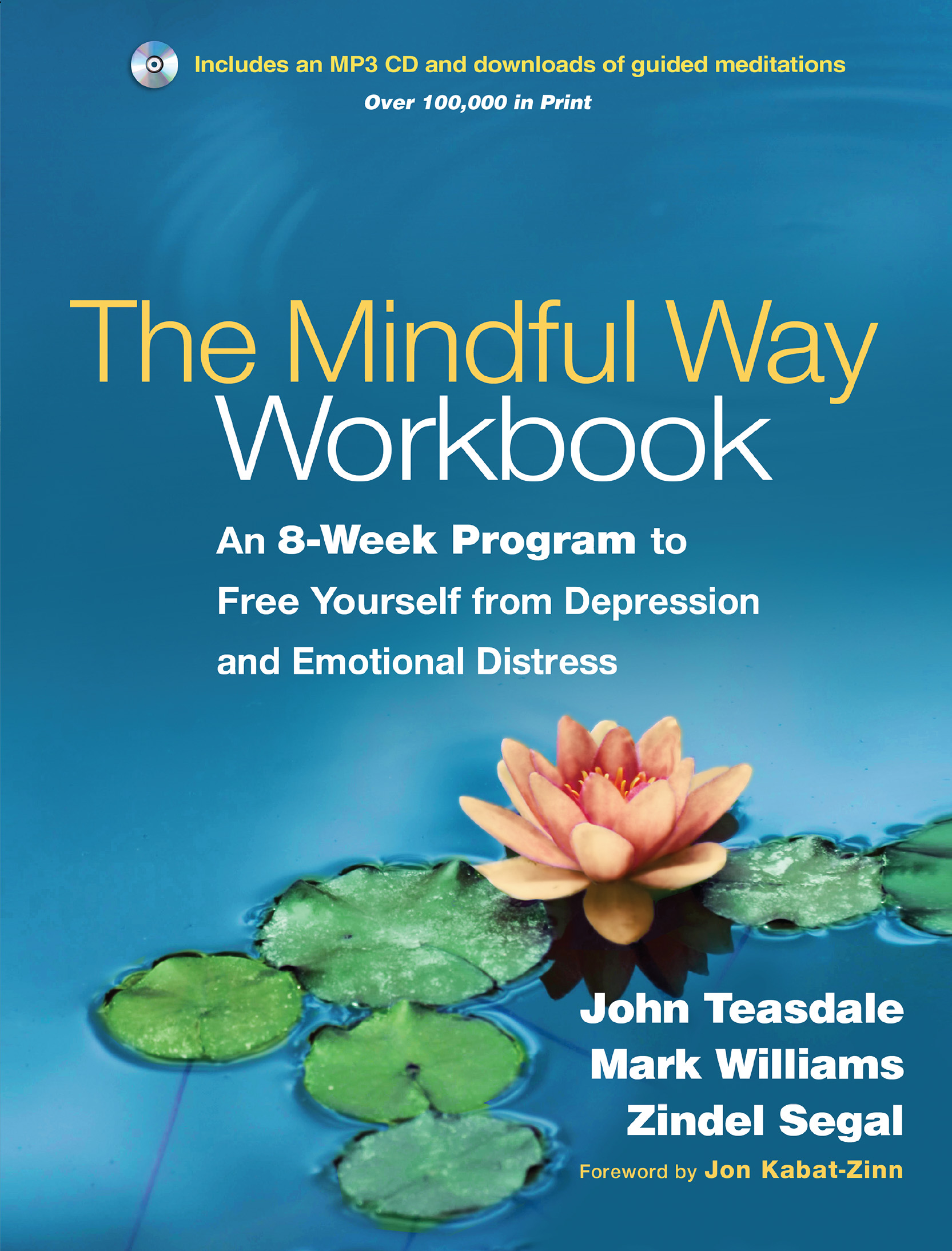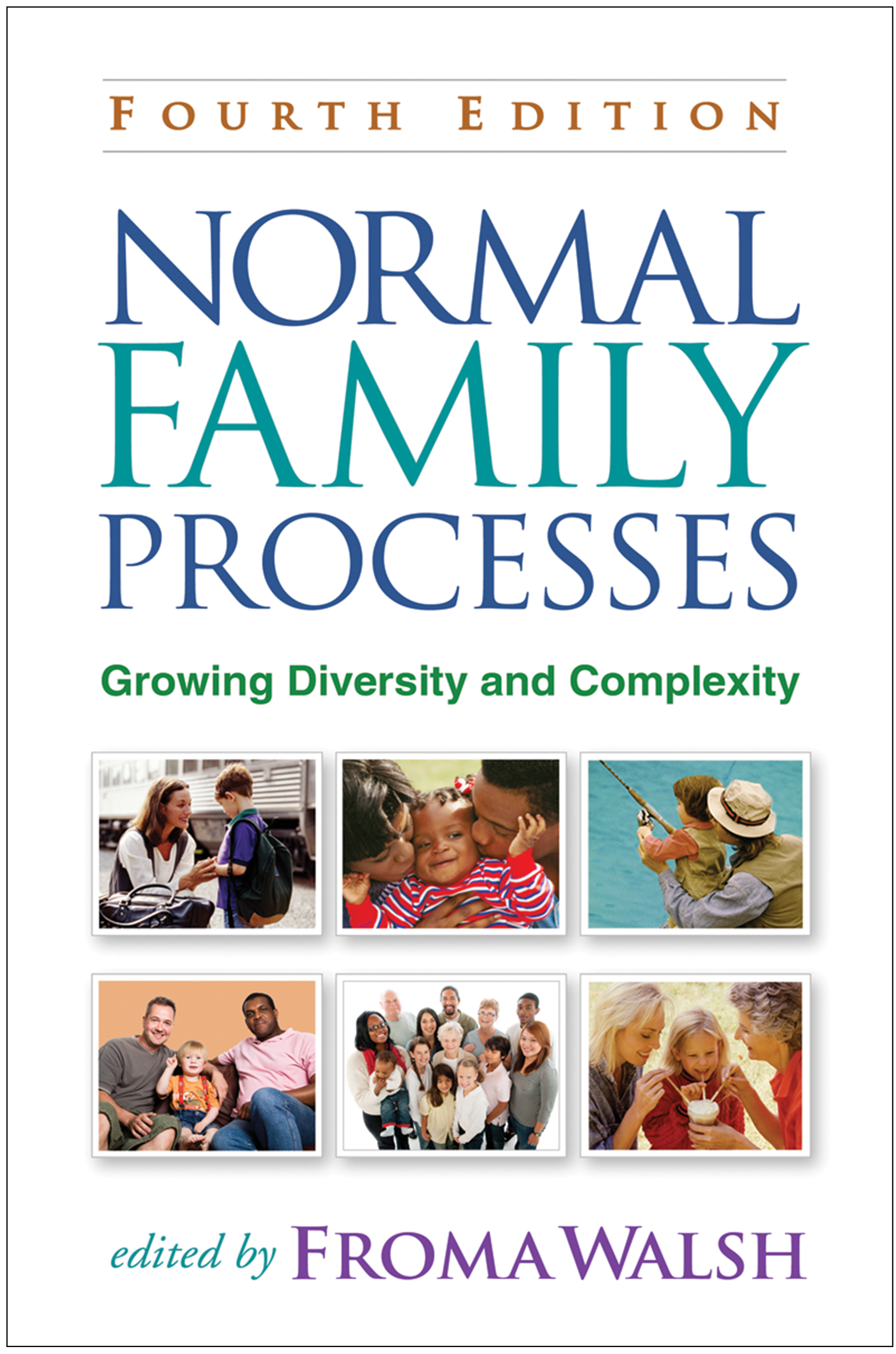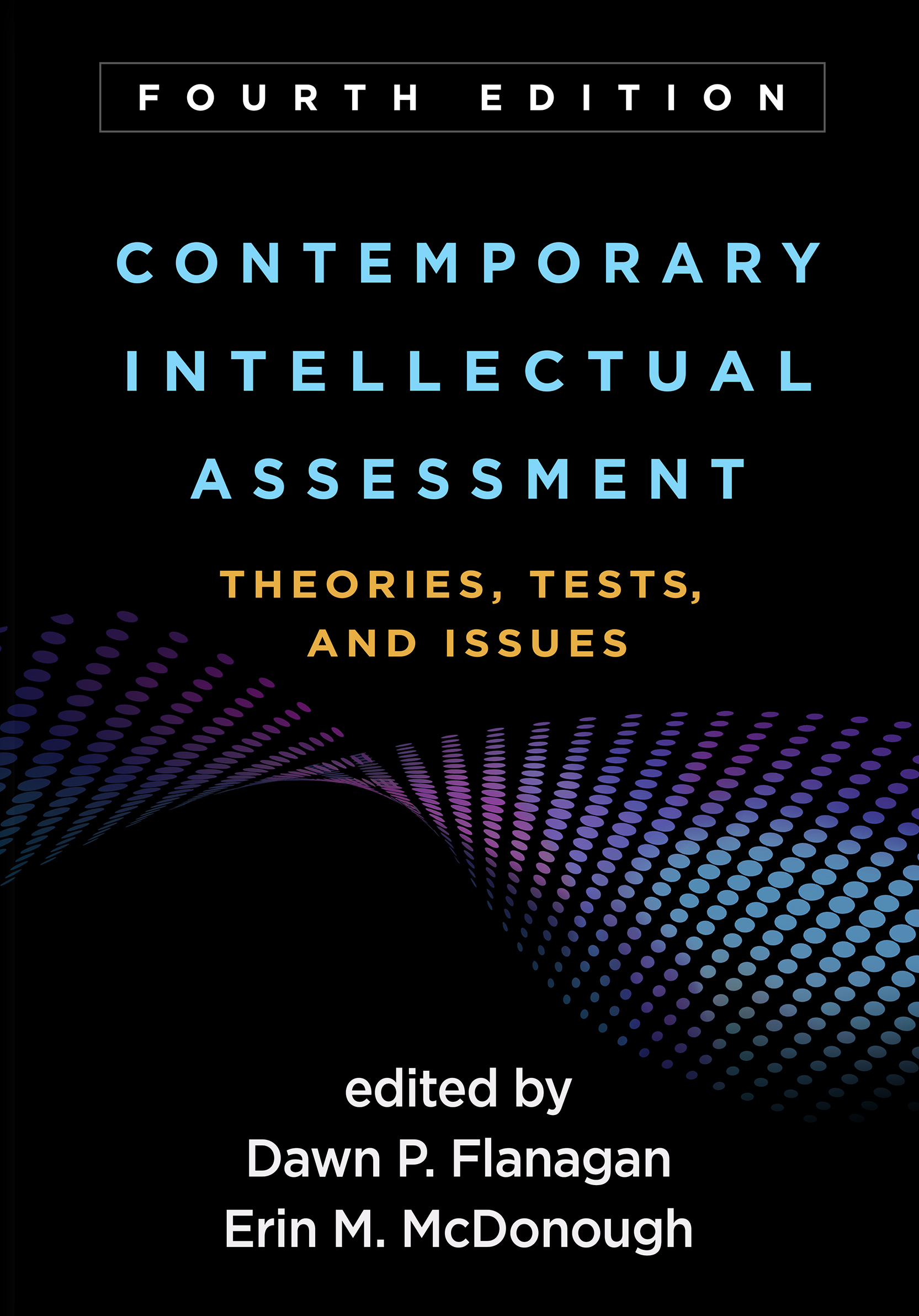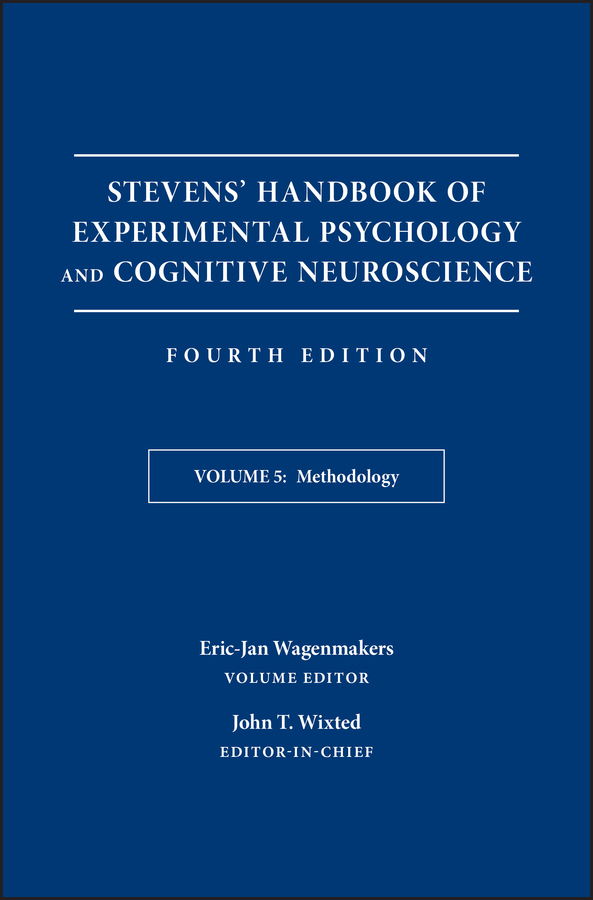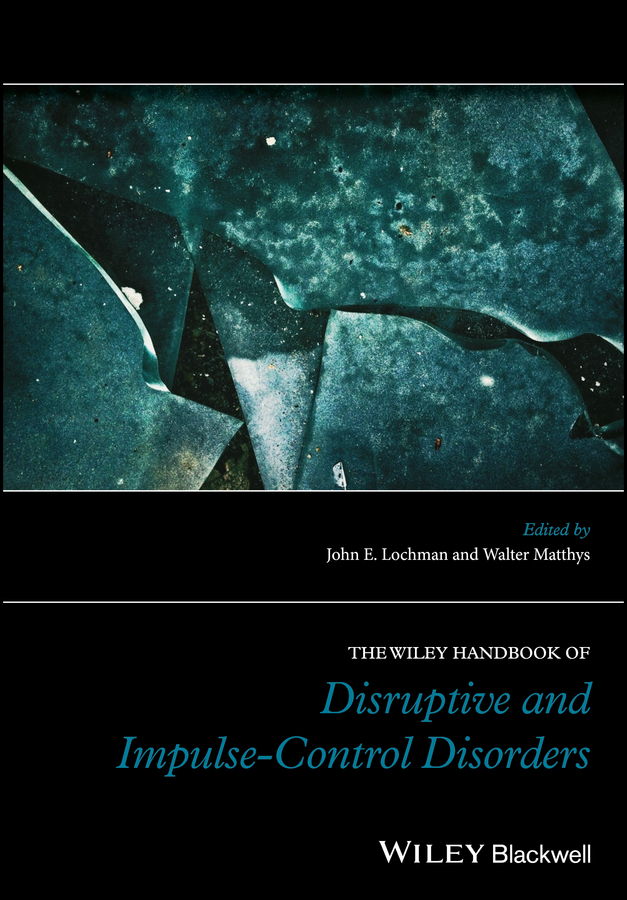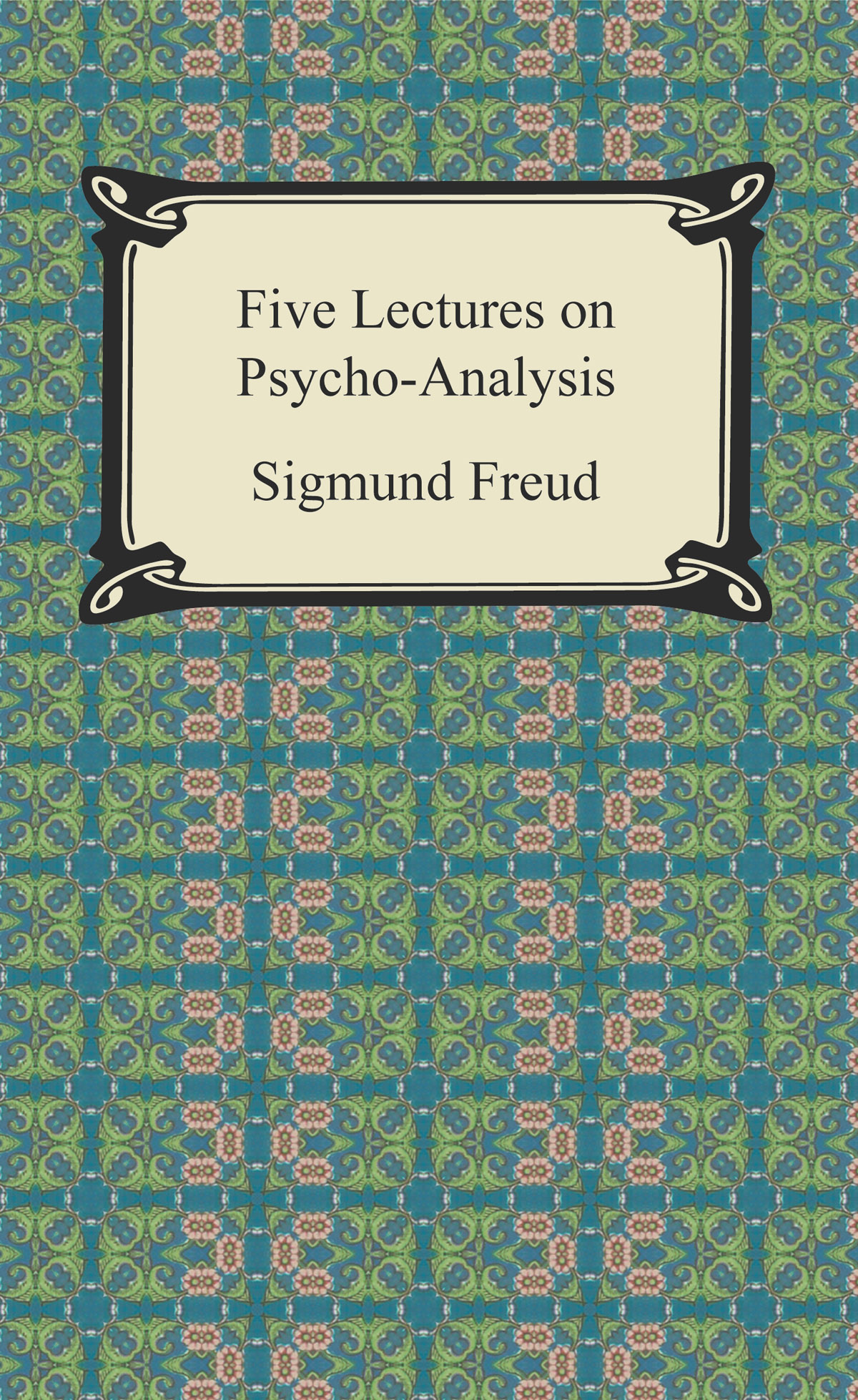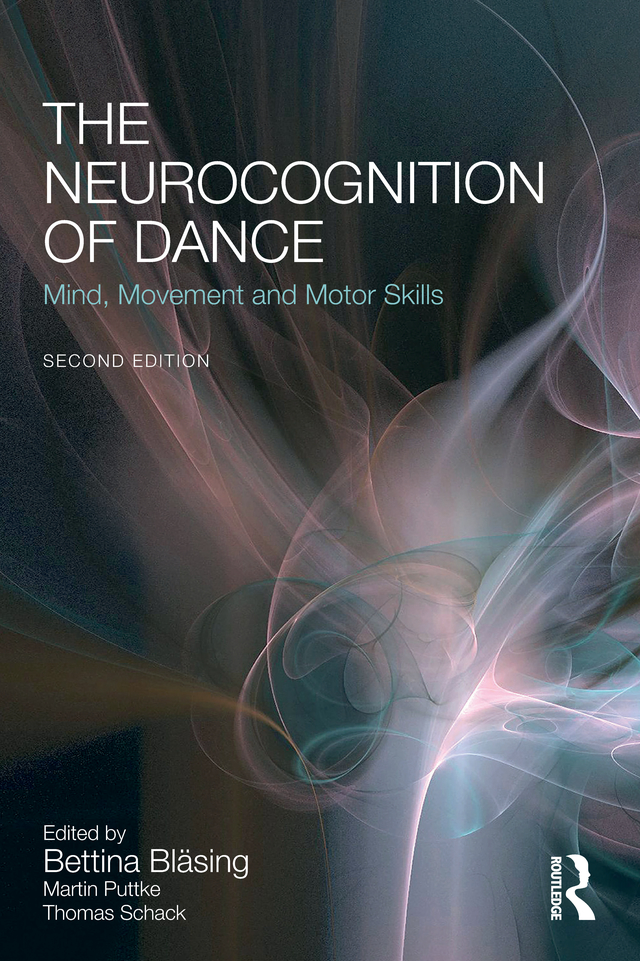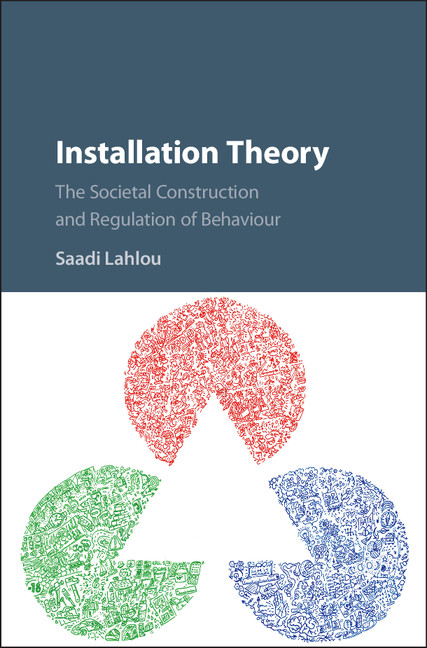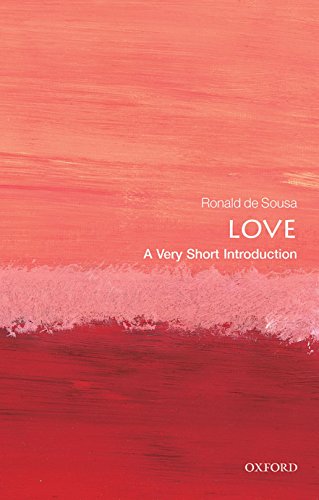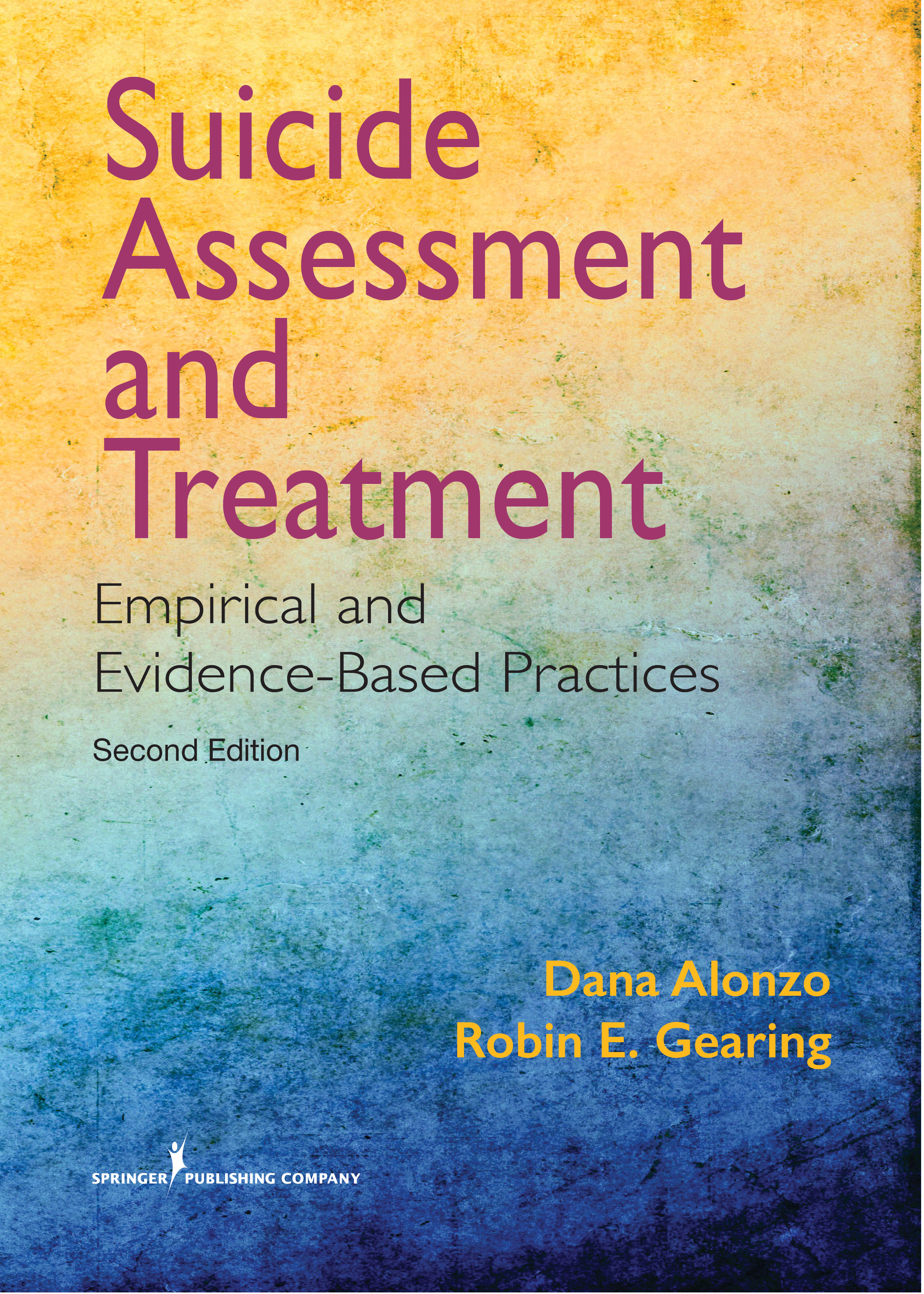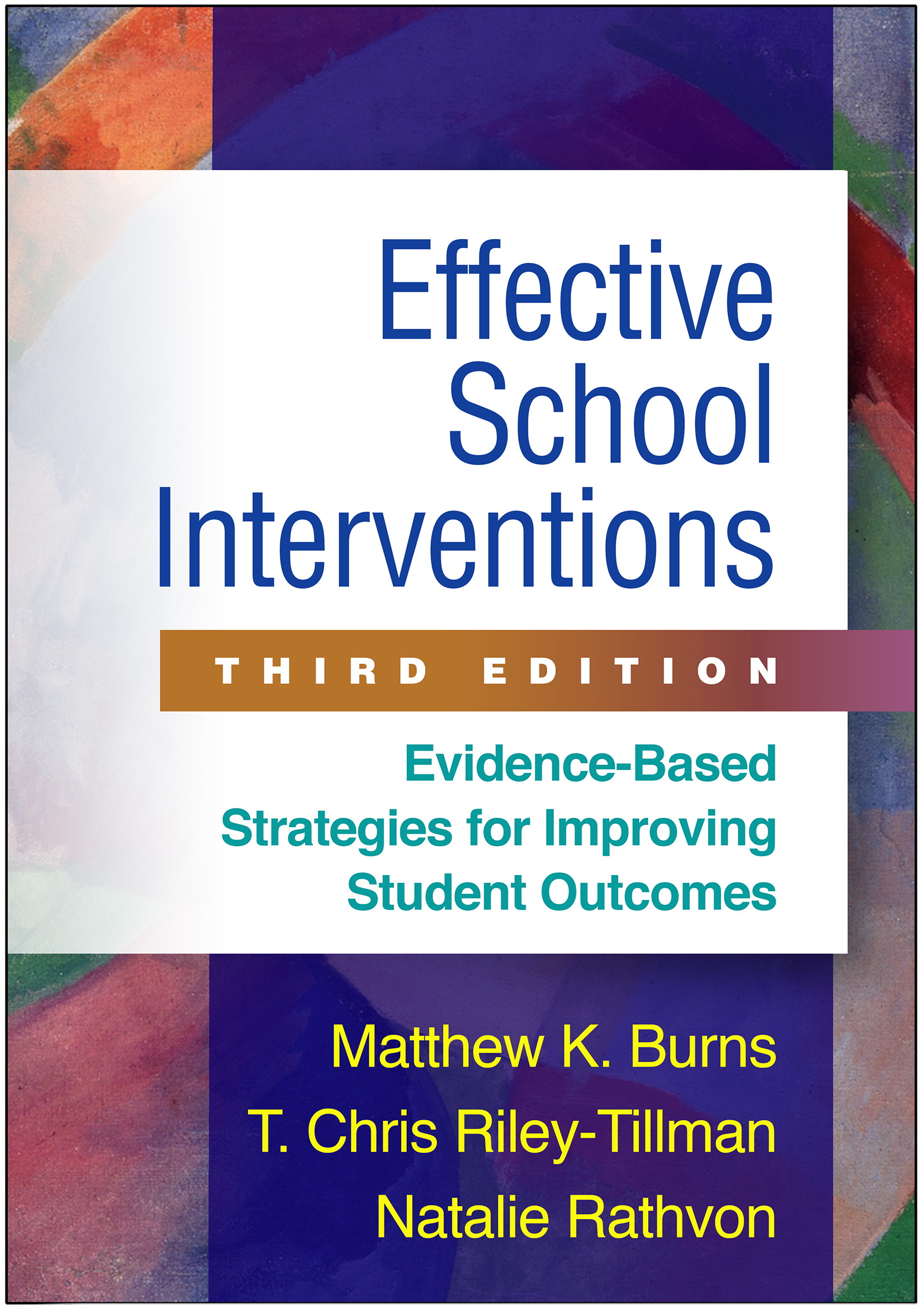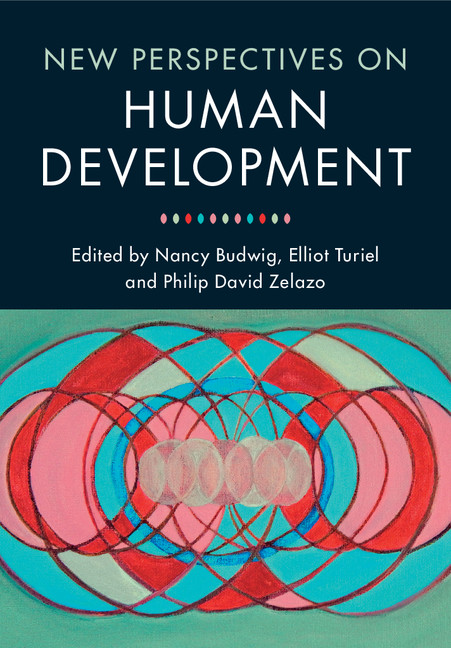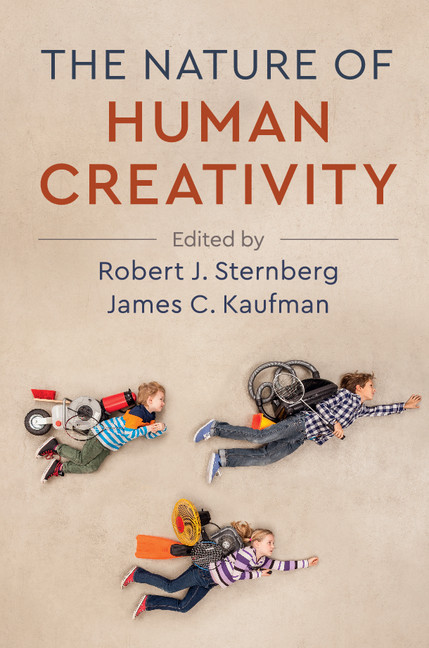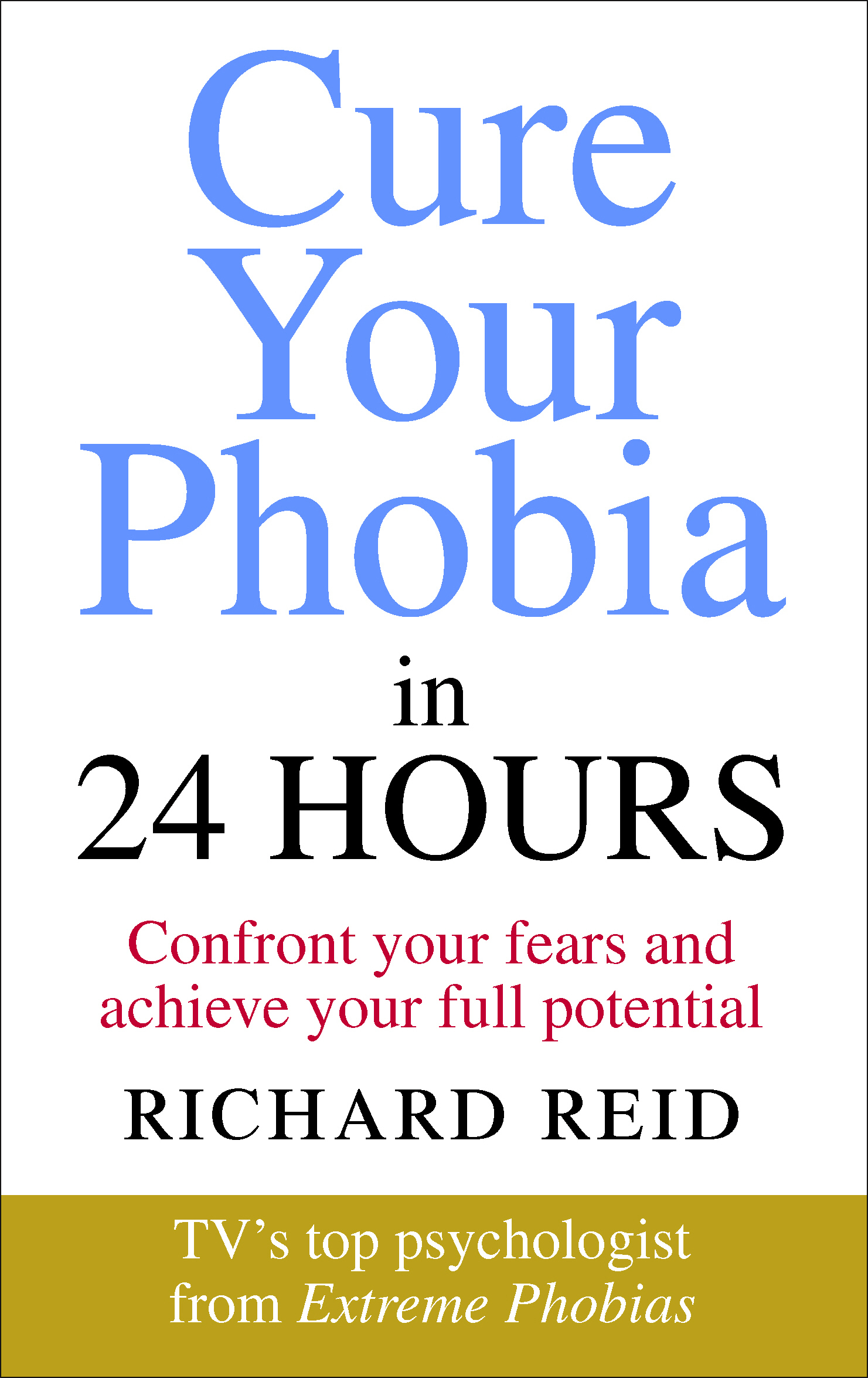The Systems Model of Creativity
by Mihaly Csikszentmihalyi
2020-09-18 20:24:44
The Systems Model of Creativity
by Mihaly Csikszentmihalyi
2020-09-18 20:24:44
This first volume of the Collected Works of Mihaly Csikszentmihalyi represents his work on Art and Creativity. Starting with his seminal 1964 study on creativity up to his 2010 publication in Newsweek, the volume spans over four decades of research a...
Read more
This first volume of the Collected Works of Mihaly Csikszentmihalyi represents his work on Art and Creativity. Starting with his seminal 1964 study on creativity up to his 2010 publication in Newsweek, the volume spans over four decades of research and writing and clearly shows Csikszentmihalyiâs own development as an academic, psychologist, researcher and person. Unconventional and unorthodox in his approach, Csikszentmihalyi chose the topic of creativity as a field of study believing it would help him be a better psychologist and advance his understanding of how to live a better life. The chapters in this volume trace the history of the study of creativity back to the days of Guilford and research on IQ and Jacob Getzelsâ work on creativity and intelligence. Firmly grounded in that history, yet extending it in new directions, Mihaly Csikszentmihalyi started his life-long study on artistic creativity. His first extensive study at the School of the Art Institute of Chicago enabled him to observe, test and interview fine art students drawing in a studio. The study formed the very basis of all his work on the subject and has resulted in several articles, represented in this volume, on such creativity-related concepts as problem solving versus problem finding, the personality of the artist, the influence of the social context, creativity as a social construction, developmental issues and flow. The main contribution to the topic of creativity and also the main concept explored in this volume, is the Systems Model of Creativity. Seven chapters in this volume discuss the development of this conceptual model and theory.
Less


